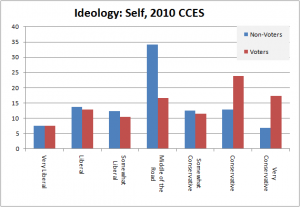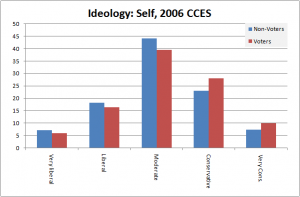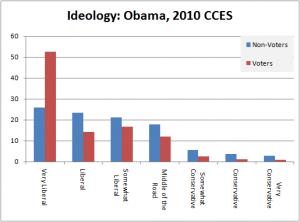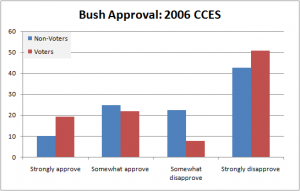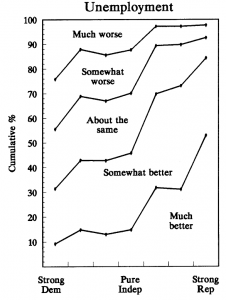It should come as no surprise that political scientists are quite agitated, not to mention displeased, by the Senate vote to eliminate National Science Foundation funding for political science.
buy lipitor online buy lipitor no prescription
I would be remiss if I didn't say something here, so I'll do one better and say two things about it.
First, the way I might be expected to frame this is by telling you how this decision will impact me. Honestly, however, the internal dynamics of academia ensure that it won't affect me at all. Our professional organization, the American Political Science Association, spent weeks exhorting its members to contact elected officials on behalf of our NSF funding. This is logical but problematic in that the NSF treats the vast majority of political scientists (and presumably people in other fields as well) with a mixture of contempt and indifference. If they get an application that comes from any university outside of the top 10 or so research universities in the country, I'm fairly certain it gets thrown directly in the trash unless they decide to take a few moments to laugh at it. This map shows where all of the NSF money in political science goes. This profession mirrors the rest of our society, in which the top 1% have 90% of the resources and the rest of us get the shaft. Several people have suggested that I should be more supportive because I might use data from, or assign books based on, NSF-funded research. This is true, but it is little more than a Trickle Down economics argument – the vast majority of us who have nothing should lobby the government to improve the lot of our social betters so eventually a few crumbs will fall to us. Or maybe we'll Make It Big someday and join the 1% at Stanford and Princeton! (Note: we won't.)
So this is what it feels like to be part of the Republican base.
Second, the older I get the more I believe that the real divide in this country (I won't speak for the whole world, although I have my suspicions) is not between liberals and conservatives, the old and young, black and white, or any of the most common tropes.
buy orlistat online buy orlistat no prescription
The divide in modern America is between people who think facts and knowledge are based on evidence and those who think that whatever one believes is true. The media is liberal because I think it is. Climate change and evolution are myths because I don't believe them. Tax cuts grow the economy because I think they do. This is what attacks on the NSF, and academia more broadly, are about.
online pharmacy augmentin best drugstore for you
It's an easy target because a substantial portion of this country doesn't believe that science is a thing. To them, the scientific method begins with a conclusion and research is the process of manufacturing some kind of evidence to support it. The ice caps aren't melting because I say they aren't, and some oil companies wrote a paper proving it.
online pharmacy ventolin best drugstore for you
What do we need the NSF or fancy-pants colleges for?
Together, those two points don't fit well together. On one hand I'm not inclined to weep for the people at the top of the caste system in my field. On the other, it's clearly a ridiculous, politically-motivated decision that underscores the driving force behind so many of our current social problems: the inability and/or unwillingness of half of Americans to distinguish between fact and opinion.
